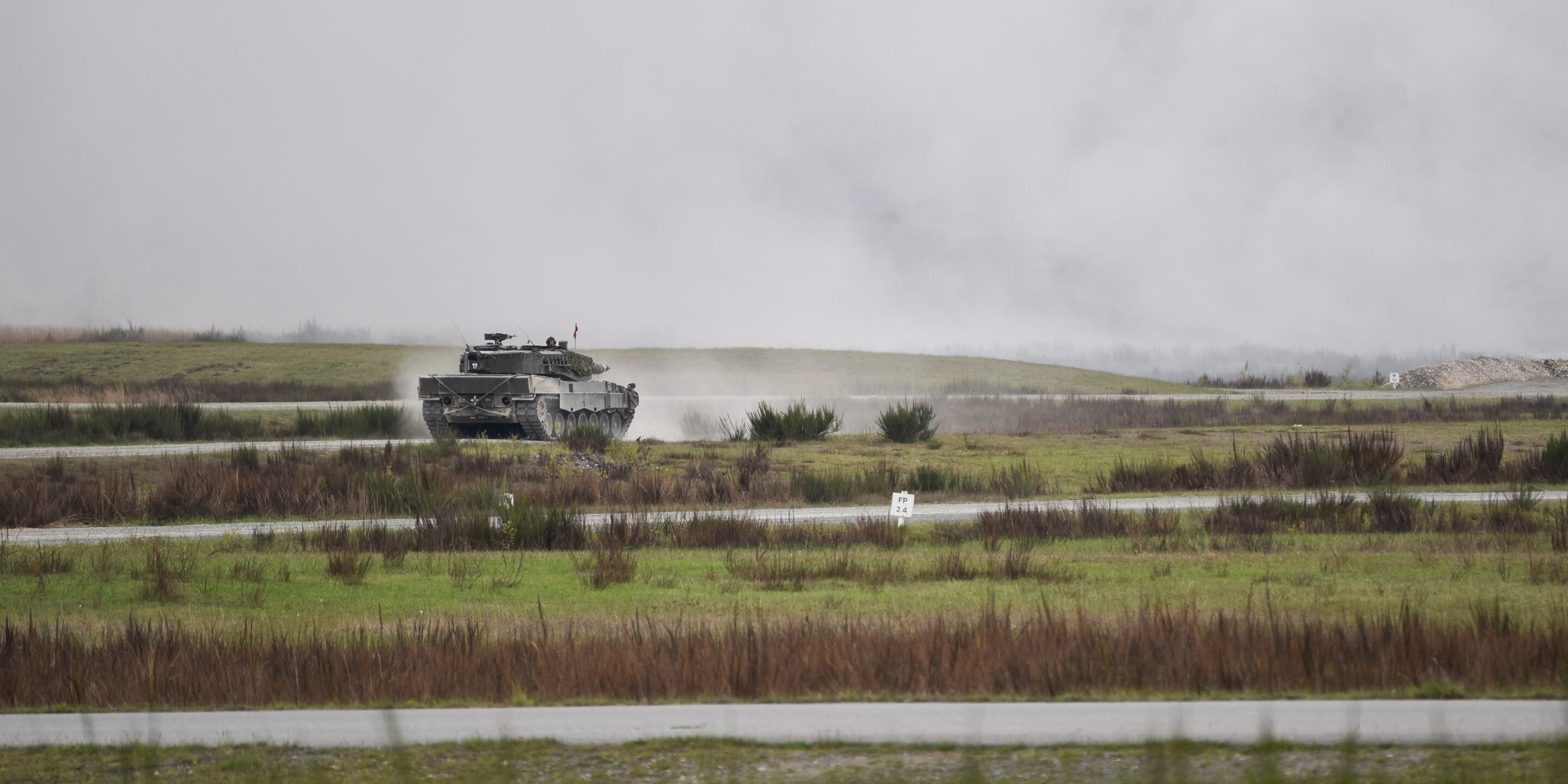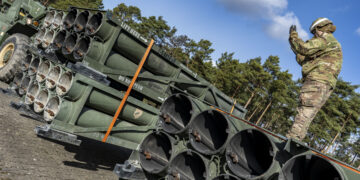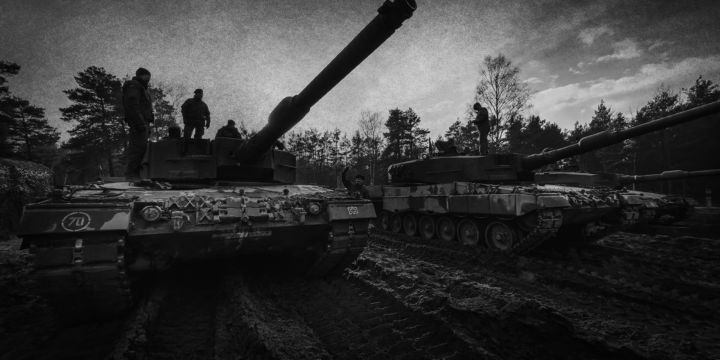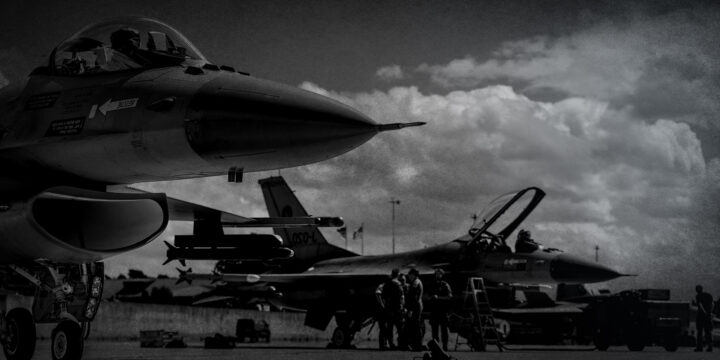November 11, 2019
Risks of lethal aid to Ukraine

The U.S. has no strong security interests in Ukraine
- Ukraine is not a U.S. ally, is distant from U.S. shores, and holds little geopolitical significance.
- The United States should avoid entanglement in the Ukraine crisis, a conflict that could draw it into war with nuclear Russia.
- U.S.-Ukraine policy should encourage its settlement with Russia, not encourage it to continue the present conflict and become a perpetual ward of the U.S. or EU—poisoning U.S.-Russian relations in the process.
- EU nations have a stronger interest in a peaceful and independent Ukraine—and should take greater responsibility for that outcome.
Costs and benefits of providing U.S. military support to Ukraine
- Advocates for lethal aid to Ukraine argue it raises the cost to Russian military adventurism and discourages future land-grabs. But that assumes that additional Russian aggression is likely and won’t be encouraged by aggressive U.S. tactics.
- No amount of U.S. aid to Ukraine will enable it to defeat Russia. But aid draws the U.S. and Ukraine closer together, shifting more of Ukraine’s security burden to the world’s only superpower.
- U.S. aid promotes moral hazard: (1) It encourages Ukraine to take a harder line against Russia that it cannot maintain on its own, and (2) it discourages Kiev from seeking a settlement with Moscow, prolonging the crisis.
U.S. military aid doesn’t meaningfully change the balance of power, but it antagonizes Russia
- Nuclear power Russia has a military vastly superior to Ukraine’s and the ability to attack it across their 1,200-mile-long border.
- Russia has proven it will risk war to keep Ukraine out of the West’s orbit, an objective it perceives as a vital security interest. By contrast, Ukraine’s future matters little to U.S. security.
- Russia’s stronger interests in Ukraine mean it will at least match any U.S. military aid to Ukraine with support for separatists, up to and including direct military involvement.
- Every advance by the Ukrainian military in the past five years has been met with forceful pushback from Russia, leading to greater casualties but no significant change in the underlying dynamics of the conflict.
- No military solution that forces a Russian retreat could be accomplished without severe, unacceptable costs to the U.S.
Positive relations with Russia advance U.S. interests
- Russia is a declining power, but it and the U.S. jointly possess more than 90 percent of the world’s nuclear weapons. It remains an existential threat to the U.S.
- Positive relations with Russia benefit U.S. security by fostering cooperation in Syria, on non-proliferation efforts in Iran and North Korea, to combat jihadist groups in Central Asia, and negotiate agreements that maintain a favorable balance of power for the U.S.
- Far from deterring an uncertain Russian incursion in another country, military support to Ukraine deepens antagonism and causes problems that spill over to other areas when relations already suffer.
Keeping Ukraine neutral, neither in Russia’s orbit nor NATO’s
- Ukraine’s security can best be guaranteed by making it a neutral state—in the model of Finland during the Cold War—neither aligned with Russia nor the West.
- The U.S. and its partners should explicitly rule out the prospect of Ukraine joining NATO to make this credible.
- Neutrality would preserve Ukrainian sovereignty; give Russia, which is bearing large costs for its intervention, reason to end its support of separatists in the east; and allow for a durable peace.
- Ukraine is taking steps to negotiate an end to the conflict with Russia. The U.S. should support that effort.
- Ukraine’s security matters more to the EU, whose economy is 12 times the size of Russia’s. If the EU fears Russia might violate a neutral Ukraine’s territorial integrity, EU nations should take the lead in balancing against that threat.
- With Europe doing more to defend its flank, the U.S. can focus on higher priorities and pursue improved relations with Moscow.
More on Eurasia

Featuring Dan Caldwell
July 13, 2025

By Geoff LaMear
July 11, 2025
Events on Ukraine

virtualUkraine‑Russia, Air power, Diplomacy, Drones, Europe and Eurasia, Land power, Military analysis, Russia, Ukraine
April 16, 2025





